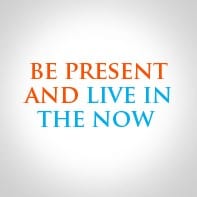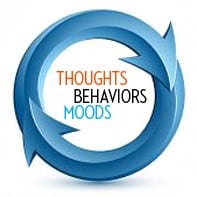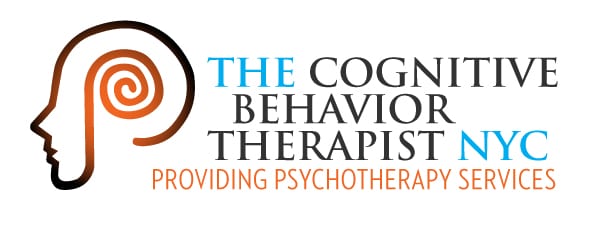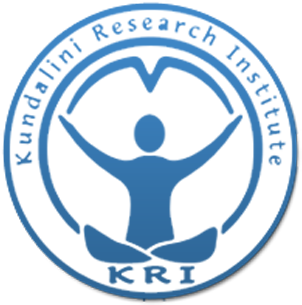Q: What is Cognitive Behavior Therapy (CBT)? Cognitive behavior therapy is a form of therapy that focuses on the relationship between thoughts, behaviors and feelings. It is one of the few forms of psychotherapy that has been scientifically researched and found to be effective in hundreds of clinical trials for many different disorders.

Q: How does Cognitive Behavior Therapy (CBT) differ from other forms therapy? CBT is more focused on the present, more time-limited, and problem-solving and goal oriented. During sessions clients learn specific skills that they can use for the rest of their lives. These skills involve identifying distorted thinking, modifying beliefs, relating to others in different ways, and changing behaviors.

Q: What is the theory behind CBT? Cognitive behavior therapy is based on the cognitive model: the way we perceive situations influences how we feel emotionally.
For example, someone being asked to reschedule a meeting might think “I am not being respected” and feel angry. Another person might think “another day will give me more time to prepare” and feel happy. So it is not a situation that directly affects how people feel emotionally, but rather perspective of that situation. When people are in distress their perspective is often skewed and their thoughts become irrational, overly negative or overwhelming and obsessive.
Q: How does Dr. Albin use CBT to help clients with their problems and symptoms? Dr. Jayme Albin teaches clients to identify, evaluate and challenge distressing thoughts. The overall goal of Cognitive Behavioral Therapy is to change deep core beliefs and develop healthier attitudes- so that they can relieve symptoms, feel better and behave less reactionary.
Q: How does CBT help behavior problems? The second focus of CBT is on behavior change and building skills to problem solve . Dr. Albin works through the exposures (virtual Reality, imagery, live exposures) with clients to reduce avoidance and teaches skills such as assertion and empathy building to enhance relationships and self-confidence.
Q: How does CBT combine with Biofeedback and Yoga Therapy? Dr. Albin teaches breathing and deep relaxation techniques using biofeedback. Clients use these techniques to tap into subconscious areas of the brain, to release painful emotions and cure physical symptoms of anxiety, anger and depression. These techniques aid in the exposure therapy session by making the exposures more tolerable.
Q: How long does CBT last? Cognitive Behavior Therapy can be relatively short term (lasting from 12-16 weeks) or can be more long term (6 months or longer). The length of treatment depends on the goals of the client.
Q: Who can do CBT? CBT is an appropriate therapy for children, adolescents and adults. It has been proven to be effective in treating anxiety, depression, anger problems, PTSD, weight loss, eating disorders and adjustment problems. CBT is also helpful for clients looking to be more positive, enhance their sense of well being, improve self esteem and enhance relationships.
For more information on Cognitive Behavior Therapy services and other psychotherapy services offered in New York please call or email us today 212-631-1133 or DrJayme@askthecbt.com
Cognitive Behavior Therapy Psychologist NYC














